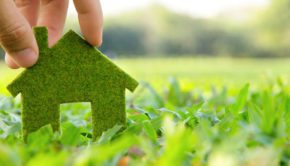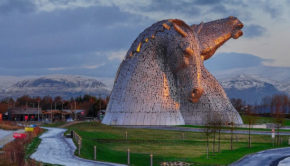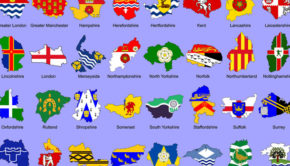An Illustrated Guide to Weird British Expressions
Does anyone know the real Britain? It’s a small group of islands, but even us locals are asking ourselves this question with more frequency these days, in view of recent political events. But politics aside, it’s a fair question: British or not, few people have seen the true range of British culture, landscape and everyday life that exists within this historic land. Therefore, few people are aware of the true extent of the weirdness that the archipelago holds.
A good place of entry for those who know of Strange Britain only from Monty Python re-runs and the living soap opera we call the Royal Family (and maybe their sitcom alter-egos, The Royle Family), is with the language. In the internet age, a certain standardized form of English has spread further than ever, with today’s poly-linguals picking up their slang from online blogs and pop music. But while this mid-Atlantic drawl contains its own share of absurdities, many of the uniquely odd utterances that have evolved in the British Isles remain hidden to all but those who venture to its most curious regions.
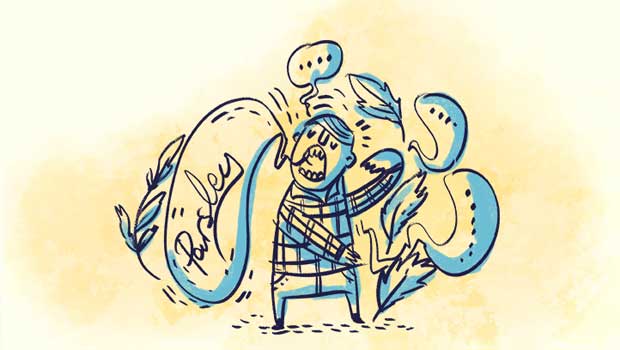
Of course, London is the most popular destination for many who plan a visit to Britain, and the capital is not devoid of its own linguistic weirdness. Many a tourist has been baffled by the apparently nonsensical sentences to come out of a Londoner’s mouth – “Would you Adam and Eve it?” or “Let’s go take a butchers!” – as they seem to have been crammed with random, unrelated words. To some extent, it’s true: this is known as Cockney rhyming slang, and one theory is that it evolved as a special market trader’s code to baffle the police while still making sense to each other. Words are swapped for rhyming alternatives, so that in the above examples, “Adam and Eve” means ‘believe’, and “butchers” (‘butcher’s hook’) stands for ‘look’. Britain didn’t need to invent Dada – everyday life was already pretty close!
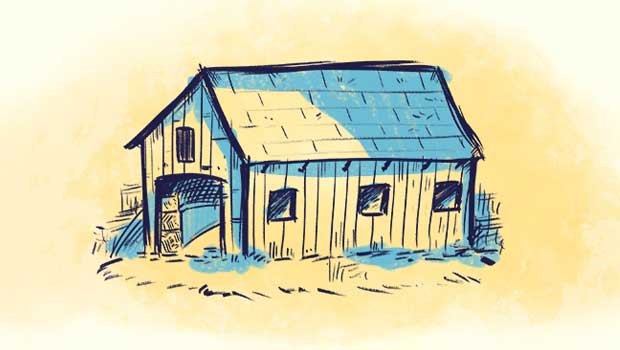
But if you’ve never ventured up into the wild beauty of rural Scotland, there’s plenty of British strangeness you might be missing out on. Cosy up in a fire-lit tavern and you’ll receive a warm welcome, albeit one that you may not understand too well. The accent aside, Scottish English is replete with regional words and phrases that even those south of the border would struggle to make sense of. If you’re told that you’re “all bum and parsley”, for example, you may want to make your excuses and head for the “cludgie” (bathroom). It means you’re all talk; you’re too full of yourself but you don’t know what you’re talking about. (You might instead be told you’re “talking mince”). On the other hand should you be asked “Fits yer name and far yi fae?” then you’re probably making a better first impression – they just want to know more about you.
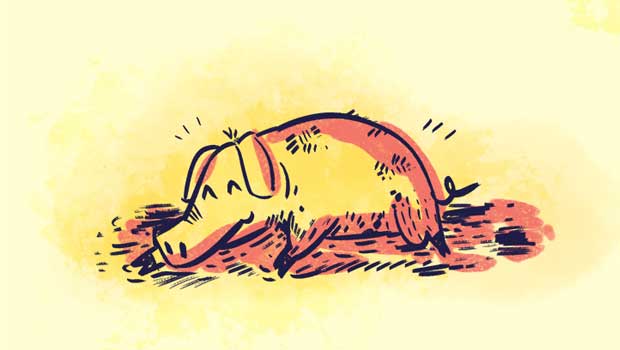
In England, Yorkshire has some unmissable cities – York itself is particularly historic – but much of the local slang remains firmly rooted in the countryside. If the people of Yorkshire are known for being no-nonsense, it’s a stereotype that can be traced through to their way of speaking. For example, at first glance, “you’re a pig in muck” might seem random and even offensive – but there is sense behind it. It just means that you’re happy, in your element – much as a pig might be, lolling about in the mud. (If ‘muck’ is swapped out for something ruder, though, it’s possible you’re being mocked for being happy while others are not so well-off). When leaving a room, you might be asked if you “were born in a barn”. Again, it makes sense when you think that, um, some barns don’t have doors – your Yorkshire friend is complaining that you’ve left the door open.
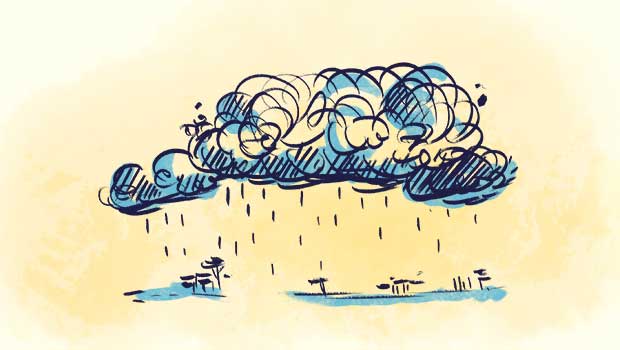
Complaining about the cold and the rain is a national pastime in Britain, so along with the barn comment, you’d do well to familiarize yourself with the idea of it looking “a bit black over Bill’s mother’s”. You’re likely to hear this one in the Midlands, and it just means that there’s rain on the way (there usually is). When you’re preparing to go out in the morning, your host may tell you it’s “brass monkeys” outside. They are not recommending a local installation you should check out. Rather, it’s the polite way of saying that it’s “cold enough to freeze the balls off a brass monkey” – which is a natural enough thing to say, as the nearest indigenous living monkeys are thousands of miles away, meaning only their sculpted replicas have to suffer the indignity of a British winter. A more local critter is to be found in west country slang, where to exclaim “that’s the badger!” is to say, “you’ve got it! That’s the one!” Something that hits the spot, such as a great cup of tea or an afternoon nap, could be described as “just the badger”. But the verb “to badger” is not so positive: it means hassling someone for attention. A distant cousin, perhaps, of “pecking my head” – a northern phrase for being bothered by incessant nagging!
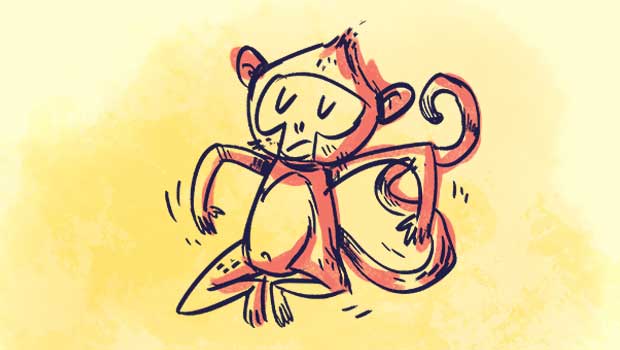
If you’re not sure where you’re going to visit in Britain, there are a few phrases that will serve you well, more or less anywhere. To “not give a monkey’s”, for example, means that you don’t care (i.e. to not give a damn). Nobody seems quite sure what part of the monkey it is that you’re not giving (although we’ve already highlighted the Brit’s concern for the welfare of monkey genitalia), but possibly it’s an old bit of rhyming slang that lost its roots. Likewise, nobody is totally certain who ‘Bob’ is, but “Bob’s your uncle” is a common phrase you’ll hear all over – it’s an upbeat phrase, meaning “there you have it!”.
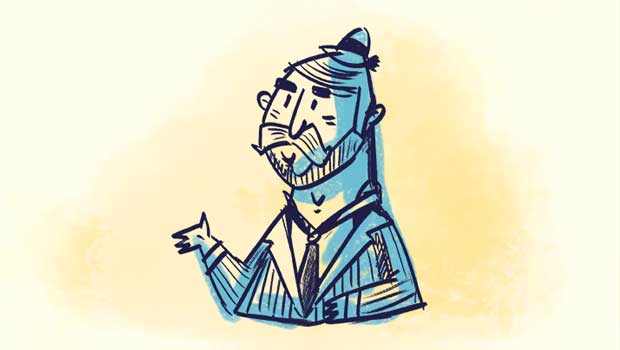
So if you want to delve into the diversity of British culture without “making a pig’s ear of it”, be sure to “learn yerself” a few key phrases. Getting first-hand experience of Britain’s strange English is an joy beyond endless episodes of silly sitcoms!
All the illustrations are taken from to http://www.sykescottages.co.uk/blog/travel-tips/an-illustrated-guide-to-weird-british-expressions-23148



